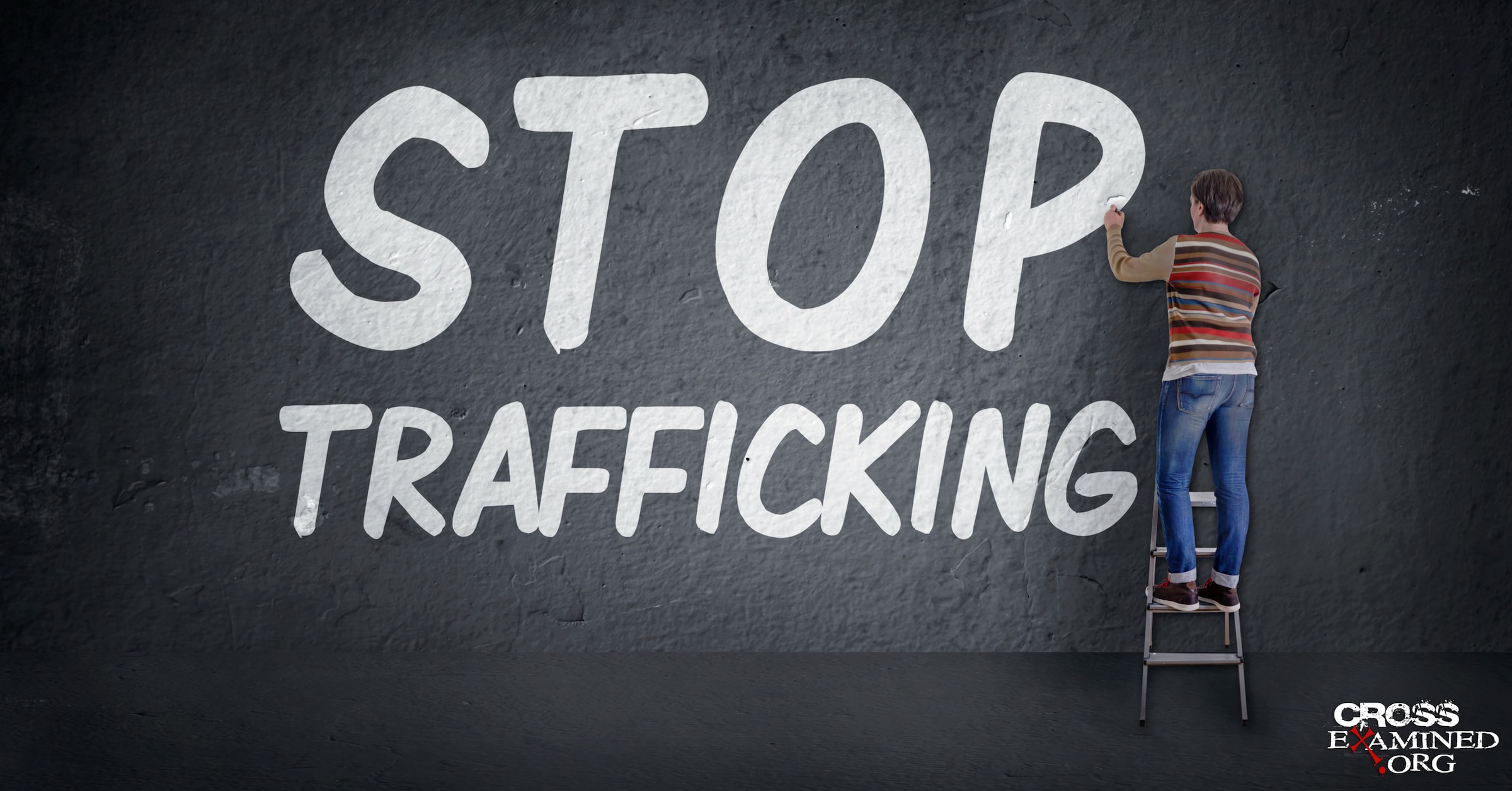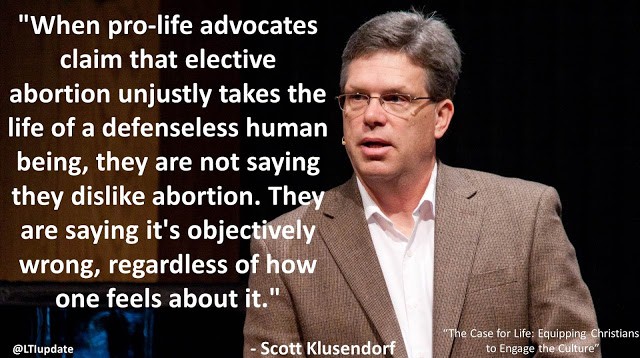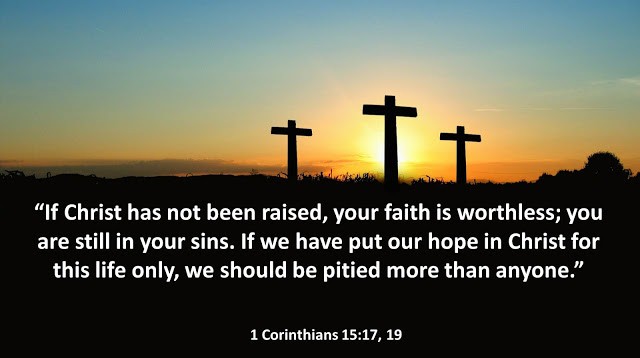Theologians and philosophers when engaged in explaining the mysteries of life, wrestle with two mysteries that challenge the mind and the soul. Those mysteries have to do with the problem of evil, which has two components: moral evil and natural evil. Of the two, moral evil poses the easiest solution, as we grasp that bad things happen as a result of man’s capacity to choose between good and evil. The choices one makes brings about consequences; bad choices bringing about consequence that can adversely affect the individual who made the choice and have a ripple effect that affects the lives of others.
It is a lot more difficult, though, to provide satisfactory answers in the face of natural evil. Natural evil would include “evil” or “acts” that is the result from natural events that would include floods, earthquakes, hurricanes, typhoons, tornadoes, disease and other “events” that occur which bring in our lives tragedy, pain, suffering, and even death. Devastating natural disasters in life often leave one pondering: “Where is God in the midst of all this suffering, loss of life, and destruction? It is not fair or just that these often disastrous acts occur (insurance companies call them ‘acts of God’)!”
The age-old dilemma was posed by Epicurus (341-270 BC): “Is God willing to prevent evil, but not able? Then he is not omnipotent. Is he able, but not willing? Then he is malevolent. Is he both able and willing? Then whence cometh evil, is he neither able nor willing? Then why call him God?” While simplistic answers are not forthcoming, approaching the subject from a Christian perspective does yield some thought-provoking insight. Six will be considered.
First insight, the Bible teaches that the sometimes “bipolar behavior” of nature is the result of The Fall. Natural evil is a result of man’s sin, the consequences of having a ripple affect which reverberates throughout creation. The Bible teaches that natural evil is a consequence of deliberate rebellion against his Creator, the result being that in addition to man being affected by sin, creation suffered negative consequences, as well. The present world is not the way it was created to be. As a result of man’s disobedience to God, pain, suffering and death entered the world. Paul tells us that all creation was affected by The Fall and that all creation groans and is in travail from the consequences of man’s sin and awaits the time when it is freed from the bondage of sin and death (Romans 8:20-22). The sometimes-unpredictable acts of nature were not present prior to sin entering the world. The world is broken as the result of man’s rebellion against his Creator. Creation has been subjected to the curse of man’s sin and as a result, the present world is functioning abnormally from God’s original design, bringing forth “acts” that are a distortion from the way God originally created the world and man.
Regarding the consequences of the curse of sin that affects man and creation, Francis Schaefer succinctly writes, “I do not think Christians take the Fall and the present abnormality of the world with practical comprehension and seriousness. I mean by this that although Bible-believing Christmas certainly do hold to a historical Fall and the present abnormality of the world as a theological truth, when it comes down to living, this is often forgotten. In other words, we forget that everything is abnormal today and that much of the sickness in the world and sorrows in other areas are a result of this abnormality. or to say it another way, there is so much in history that God did not mean to be there, in the way that He created the world and created
man” (Schaeffer, Letters, IL: Crossway Books, 1985, 157). Schaefer’s words are most insightful in regard to the “why?” of natural evil.
Second insight, God respects the freedom of man to choose, whose decisions can lead to dangerous acts of nature being destructive. It is understood there is natural evil/acts in nature that arise through no fault of man, but man’s choices, actions, and neglect can sometimes put people in harm’s way when nature turns dangerous. When man builds houses, and cities on fault lines in earthquake-prone areas the inevitable will happen. When homes are built on the side of mountains that are prone to mudslides the house will eventually disappear from the mountainside. When one builds businesses and homes near flood-prone areas or on the ocean front there is the risk that hurricanes will sooner or later bring devastation. Human freedom allows one to construct homes, businesses and cities being in places susceptible to earthquakes, floods, and hurricanes; however, when one does, acts of nature can result in grave damage and loss of life. Also, if corners are cut on building materials or construction in order to build quickly or cut expenses, the devastation can be even worse. The Lord respects our freedom to plan and create where we choose, even though eventual disaster may lurk in the future. We want the Lord to intervene in such cases, but for Him to do so, He would have to suspend our freedom to choose (John Hick, Evil and the God of Love, London: Saffron House, 1966, 12).
Third insight, God created the world to operate according to certain laws, and even though sin may have skewed some of nature’s laws as originally designed, there is a cause and effect in nature in regard to how the world works. These are more than impersonal forces; behind it all there lays the Creator God. Scientist-theologian John Polkinghorne advocates that God has created a universe with particular natural laws that make life on earth possible for the existence of humanity. Polkinghorne states that while our “knowledge of the physical world is patchy and incomplete,” the same weather systems that create F-5 tornadoes also creates rainstorms that bring water to the needed soil and plants. The same wind patterns that refresh us on a hot day can turn into destructive gale force winds. The same earthquakes that destroy buildings are part of the very dynamic in the regulation of soils and surface temperatures needed for human life. The same kinds of bacteria that can make one sick and even bring death also yields substances that are used to bring healing. As Creator, God has created the world to work in a certain way and even though creation has been affected by sin, what we assume to be inherently bad or unjust contains within its processes that which also brings about good and sustains life (Polkinghorne, Science and Providence: God’s Interaction with the World, Boston: New Science Library, 1989, 3-7). That our Creator God doesn’t change the laws of nature to coincide with our idea of what is good and just brings us to our fourth thought-provoking insight
Fourth insight, in addressing the problem of “natural evil” one must approach it from the perspective that the problem is not with God, but the problem begins with our assumptions about who we think God ought to be, what God ought to do, and how we determine what is just or unjust. We expect God to act in a certain way according to the way we perceive Him. We presuppose that if God is good and omnipotent then “bad” shouldn’t happen, that God should be and act in the way our mind conceives Him to be. However, we define just and unjust from a near-sighted, sin-tainted perspective. Basing whether something is good or bad, just or unjust on the premise of whether it fits into one’s own understanding what those terms mean is not the basis on which such a judgment should be made. One is not to affirm the goodness of God’s
character according to one’s own experience and presupposing. Surely God, who sees all thing from the beginning to the end, sees the bigger picture. His thoughts and ways are not our ways (Isaiah 55:8).
What appears to be unjust or bad from our rationale, experience and perspective could actually be something that is very good from a longer-range perspective, but we are only seeing from our short-sighted perspective. In our view of God, we tend to project our narrow-sighted view and experiential definitions of good and bad onto God and assume that if He is good, He must be good by our own limited standards of what constitutes good and just. When one says God needs to be “just,” most often one makes such a statement in terms of what one thinks justice ought to be or in relation to what one perceives to be just from one’s restricted viewpoint. In the process, one doesn’t grasp how justice for one might be an injustice to someone else in a different setting or vice-versa. After all, do we only want a God that fits into our box of understanding or One whose basis for what is just and unjust goes beyond one’s limited intellectual capacity?
We also impose within our narrow scope of God’s omnipotence, that He should use His power to conform to our understanding of how His power ought to work in the world and in individual lives. When we superimpose our concept of how God’s omnipotence should operate in the world, we have reduced Him to our level. God’s power is not subservient to our thinking or our whims of how we perceive He ought to operate in the world and in our lives. Our conception of God too often projects our preconceived assumptions onto God whose omnipotence we contend should be within the scope of our control. What we actually want is to manipulate God to fit into our parameters of how we think He ought to flex His powerful muscle over the forces of nature. How much better it is to come to terms with the understanding that God desires to work in us and with us in the world, and help us to better reflect the image of God He has stamped on each soul even when we encounter “acts” that from our perspective are deemed unfair, unjust, or bad (Dennis Bratcher, The Problem of Natural Evil, The Voice, www.crivoice.org, 2018).
Fifth insight, “Natural evil fulfills a higher divine purpose” (Augustine) (Robert Francis Allen, “St. Augustine’s Free Will Theodicy and Natural Evil,” Ars Disputandi, 3:1, 2003, 84-90). Pain, suffering, and disorder associated with natural evil providentially bring about a higher divine purpose in the larger plan of the Lord. Natural disasters often bring out in humanity the very best of human character, as neighbors and strangers aid one another in recovery. While natural disasters are often tragic, glimpses of the marred image of God within us is seen sparkling in the wreckage. As well, it is only after such natural disasters that some people actually have their hearts made tender enough to call on the Lord for help and strength in daily life. Many times only when one’s present situation is drastically changed does one find themselves thinking about the brevity of life, eternity and one’s accountability before the Lord. Further, it is in the aftermath of “acts of God” that one develops positive and strong character traits that would not have been formed if the disaster had not occurred. If difficult times one is prompted to grow stronger and become better human beings. So, even in the midst of disaster, the Lord can direct what appears to be bad or unjust to fulfill a higher divine purpose (Romans 8:28) (Barry L. Whitney, What are they Saying about Evil? Paulist Printing, 1989, 6, 25)
Sixth insight, one whose reasoned reaction to the calamitous effects of natural disasters, instead of disproving the existence of a benevolent and omnipotent God is in reality strong evidence for
His existence. In his book Mere Christianity, former atheist C.S. Lewis acknowledged he thought the injustice he perceived in the world was an ironclad argument against the truth of Christianity. But as he reflected on what he considered injustice in the world, he asked himself, “How had I gotten the idea that just and unjust existed?” How can one appeal to an objective standard of just and unjust, if there is not a standard outside of one’s self? For if there is no God and we are only the sum total of a collection of random atoms, one’s appeal to events or acts being declared just and unjust is no better or worse than that of anyone else. Such deducing resulted in C.S. Lewis becoming a Christian and one of the great Christian thinkers and writers of the twentieth century.
While we have sought to look at six insights in regard to the problem of natural evil, ultimately we must acknowledge our inability to answer every question posed. Our finite minds can only take us so far, and we will never be able to penetrate the infinite mind of our benevolent and omnipotent God. It is not a weakness to admit that we do not have all the answers, but this know…in the midst of disastrous acts of nature, God is able, willing and desirous to bring comfort, hope, and encouragement to the hurting heart. He is a God who walked among us in Jesus Christ and He is not oblivious to our pain. Having wept through human eyes (John 11:35), He comes to embrace us in our pain that in His divine providence will bring treasure out of a tragedy.
Daniel Merritt received his Ph.D. in Ministry from Luder-Wycliffe Seminary and a Th.D. from Northwestern Seminary. He also received his M.Div. from Southeastern Baptist Theological Seminary and studied philosophy and religion at Campbell University. Dr. Merritt has pastored six churches in North Carolina and is currently the Director of Missions for the Surry Baptist Association in Mount Airy, North Carolina. Dr. Merritt has written several books including A Sure Foundation: Eight Truths Affirming the Bible’s Divine Inspiration; Writings on the Ground: Eight Arguments for the Authenticity of John 7:53-8:11; and Bitter Tongues, Buried Treasures.
Original Blog Source: http://bit.ly/2F5ftcx













